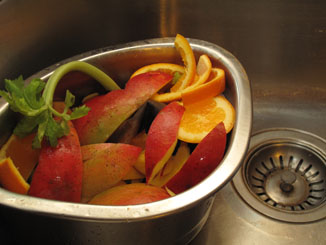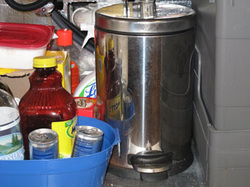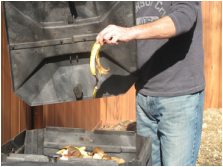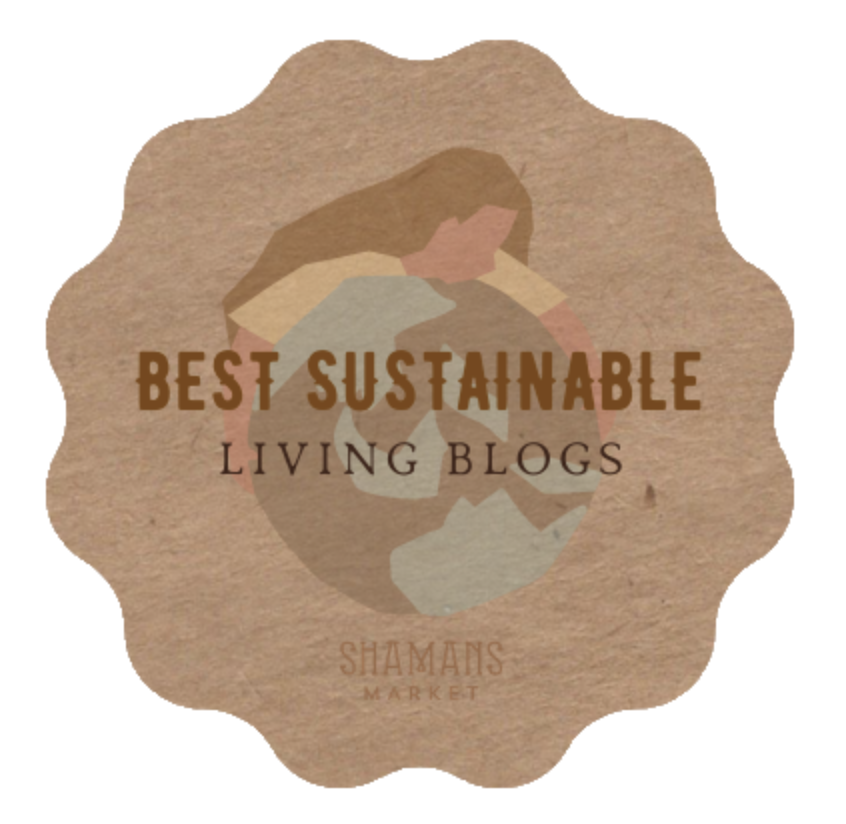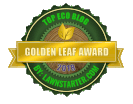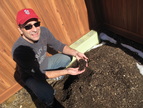 Composting: Black Gold
Composting: Black Gold SAVE MONEY
Having your own compost to use around your plants and garden will replace the need to buy chemical fertilizers. Also compost is known to suppress insects so buying chemical pesticides may not be needed. Buying replacement bushes can be avoided as compost improves plant resistance to diseases. In addition, how does a lower water bill sound? Compost creates better water retention and prevents erosion.
CROPS WILL ABOUND
Agricultural crops in your garden with flourish when you regularly add compost. Higher yields will look and taste delicious. Flowers will be robust as the soil holds beneficial nutrients and nitrogen, along with earthworms. The soil’s pH will be stabilized as contaminants are filtered out.
REDUCE YOUR SOLID WASTE AND GREENHOUSE GAS
With composting year round, you are removing large amounts of waste from the solid waste stream. Less garbage to be hauled away is another benefit. Methane, which is a greenhouse gas and twenty-one times more potent than CO2, is also reduced when you compost.
So How Does One Compost? Start with an open curved stainless steel strainer that fits in the corner of your sink. (see image one) Your food scraps are tossed into this strainer and when full, carried outside to your compost bin. If winter weather isn’t cooperating due to snow piling up, keep your food scraps inside a small pail under the sink until you can dump it outside in your compost bin. (see image two) Compost bins for outside come in all sizes and designs. You can even build one yourself, just make sure you have enough air flow to assist in decomposition. If you have animals about your area, make sure your compost bin locks tight to keep out your woodland neighbors. (see image three) Never compost any of the following: Meat, Fish, Bones, Cheese, Oil, Fats, Diseased Plants, Coal, Cat Litter, Plastics, Paper with Ink. More information will be available at GoingTrueGreen.com on composting, methods and benefits.
Bill Lauto, GTG
Environmental Scientist at
GoingTrueGreen.com
Contribute your comments!

